Queensland illegal drug hot spots: Dealers using Instagram to sell
Queensland drug dealers are brazenly using Instagram to ply their trade, even offering users free drop off or pick up of illicit substances. SEE THE LIST OF SUBURBS
Behind the Scenes
Don't miss out on the headlines from Behind the Scenes. Followed categories will be added to My News.
Instagram has become the dial-a-dealer platform of choice to procure illegal drugs with dealers using the social media site to sell their wares, turning their homes into major drug mail order operations.
News Corp Australia has obtained figures revealing our State’s suburban hot spots for drug dealers, the busts and arrests and what drugs are being sold from where.
The national snapshot shows while Melbourne CBD might be coming off COVID-19 lockdown, drug dealers have been busy with Richmond Victoria’s heroin capital while Sydney’s most exclusive postcodes are awash with cocaine along with a handful of idyllic regional NSW beachside towns.
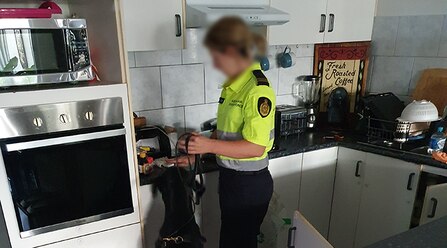
In Brisbane’s CBD, 1756 drug dealing charges were recorded in the year to August 2020.
Brisbane battled its biggest drug problem in nearly two decades when lockdown lifted in May, as police recorded an onslaught of drug-related charges across the river city, alarming new statistic showed.
A staggering 2676 drug-related charges were laid in a single month, pushing the total 75 per cent higher than the same period in 2019, and bringing the year-to-date total to 24,314.
Latest data from the Queensland Crime reveal the Brisbane CBD had the most drug incidents of any suburb, with 1756 charges recorded in the year to August 2020.
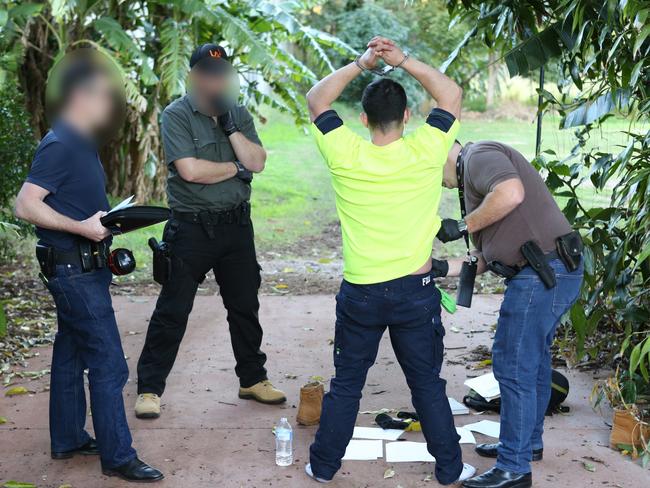
Fortitude Valley, Bowen Hills, Spring Hill and South Brisbane rounded out the top five, while Inala, Nundah, Chermside, Zillmere and Toowong made the top 10.
Surprisingly many of those busted dealers were not major crime figures or organised crime cartel linked but rather suburban opportunists using Instagram to find customers and the mail service to receive and deliver.
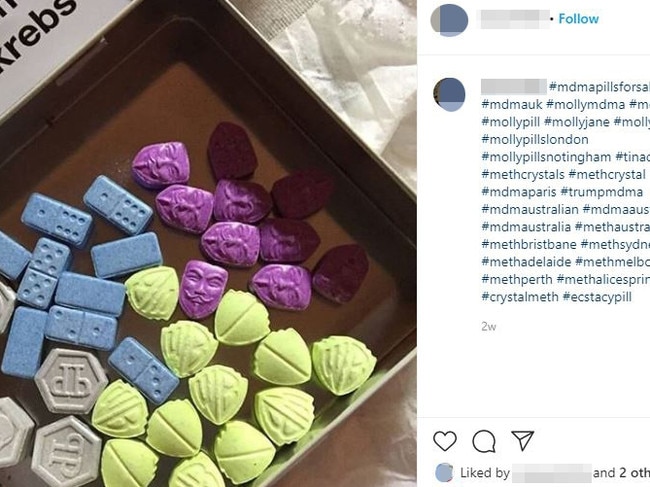
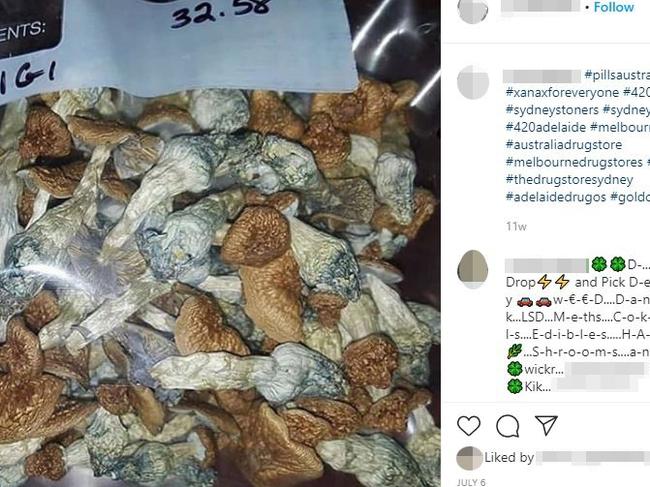
Former Australian Federal Police officer now head of Strategic Policing and Law Enforcement at the Australian Strategic Policy Institute Dr John Coyne said 10 years ago law enforcement was worried about the dark web for the movement of drugs and weapons but most people couldn’t find it to use it.
MORE NEWS
Buying drugs on Instagram: ‘As easy as ordering an Uber’
Redlands suburbs with the biggest drug problems
Moreton’s biggest drug hot spots
Instead he said social media was easy to access and very much in the mainstream, with Instagram alone having about one billion users worldwide. Purchasers believe there’s unlikely to be consequences and the upsurge in mainstream online shopping necessitated by COVID-19 has flowed onto the criminal marketplace.
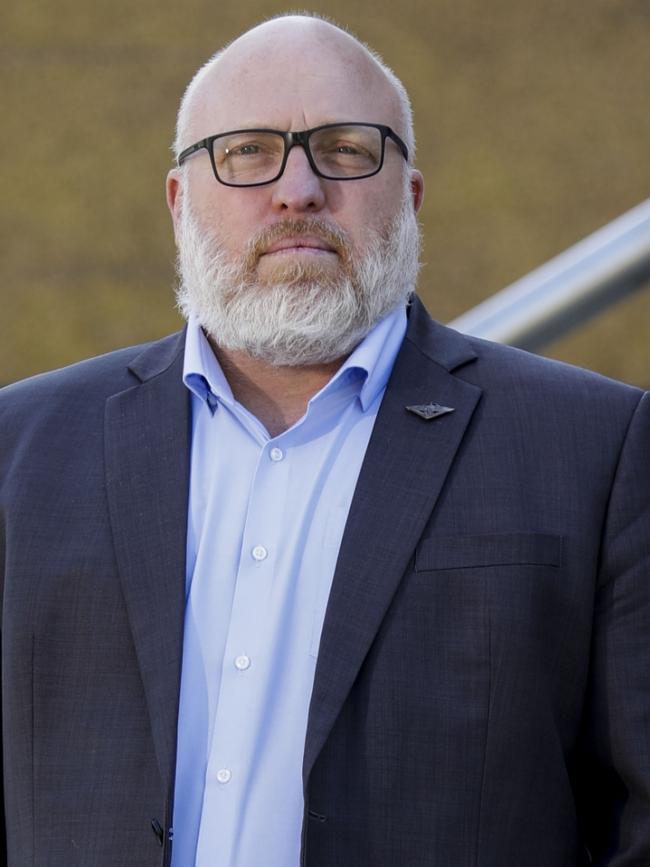
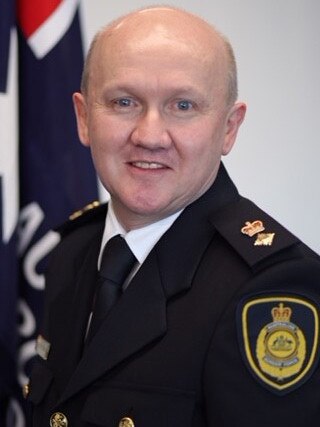
“I suspect a large amount of recreational drug use is increasingly being sourced off social media,” Dr Coyne said.
“Now all of a sudden the guy who delivers your meal can also deliver your marijuana or other drugs.
“So we’ve got this storm of change and social change where people are having and getting used to doing more from home,” he said.
About 80 per cent of the nation’s mail comes through a gateway postal centre in Clyde in Sydney’s west with the remaining going through smaller centres in Melbourne and Perth.
At the three Australia Post centres the Australian Border Force has had to increase staff to cope with volumes of mail and seizures.
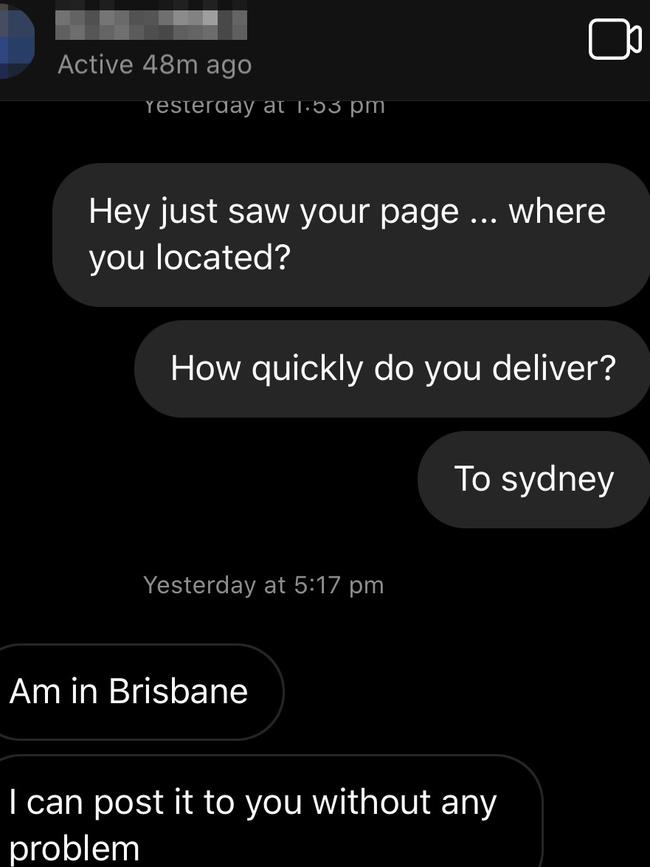
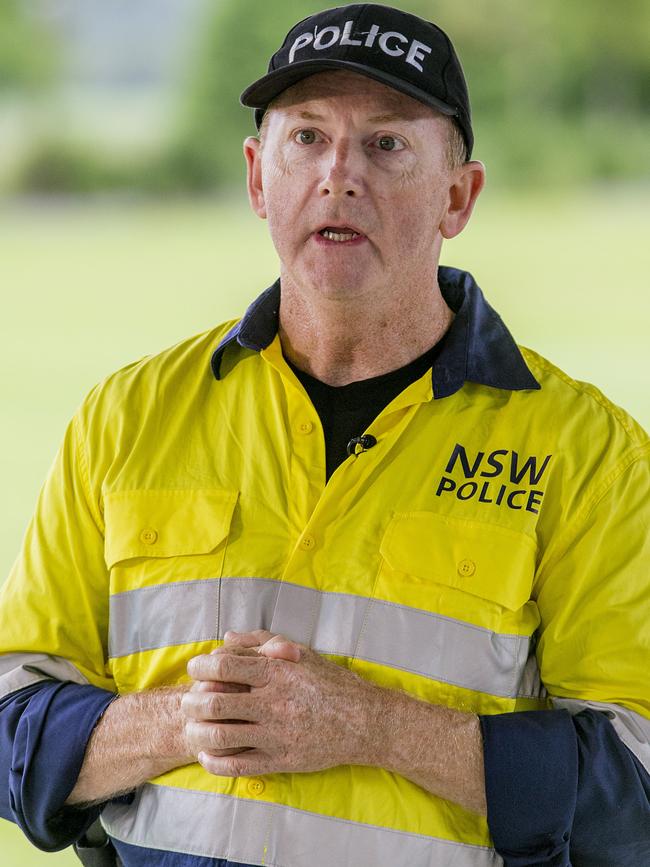
ABF Acting NSW Regional Commander Matthew O’Connor said COVID-19 had seen a boom in detection via mail and air cargo.
“People wanting to do the wrong thing will set up phoenix companies, phony companies they will use PO boxes, they will use third party addresses, they can get things delivered to so there’s a whole range of strategies,” Cmdr O’Connor said.
From January to July 31 this year, there were 13,151 major drugs, precursors, and new psychoactive substances detected at the border, weighing an estimated 5.6 tonne; a 34.2 per cent detections increase from year to date 2019.
NSW Drug and Firearms Squad Commander Detective Superintendent John Watson, said technology has allowed drug suppliers to move parts of their business out of public view.
“Online drug supply is certainly not new but it poses a unique challenge to law enforcement, particularly on personal and public social media sites, but we are actively targeting these spaces,” he said.
“While there are no specific reliable statistics on how many people are purchasing drugs online, the variety of drugs available for sale indicates that there is a market of buyers.”
A Facebook company spokesperson, the company which owns Instagram, confirmed the sale of illicit and pharmaceutical drugs is against “community standards” and detection technology is in use to locate drug dealing content.
According to the spokesperson, the company has taken action on 1.4 million pieces of drug-related content in the three months between April and June, 2020.
“We do not allow the sale of illicit drugs on Instagram. It is against our policies to buy, sell or trade non-medical or pharmaceutical drugs on our platform. We have been focusing on this area for some time, and we are working hard to ensure we keep illicit drug sales off Instagram. We will continue to work with experts and invest in people and technology to keep our community safe,” the spokesperson said.
